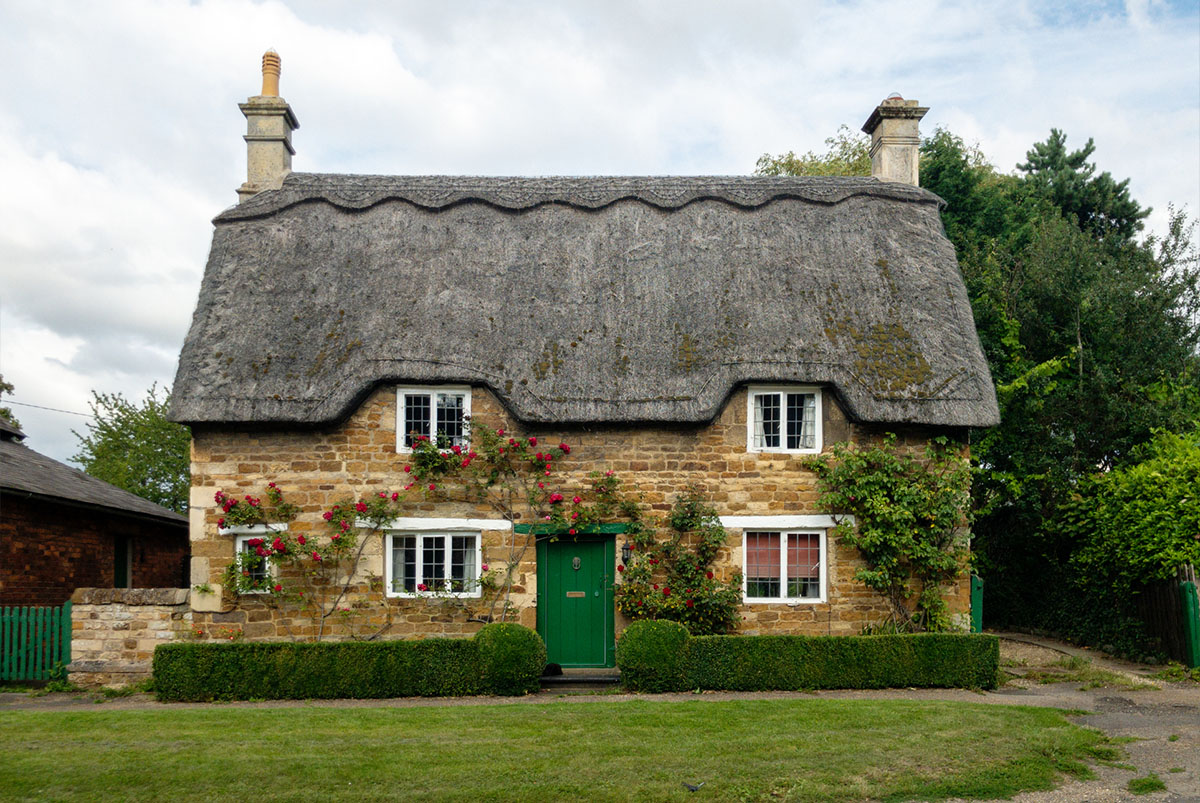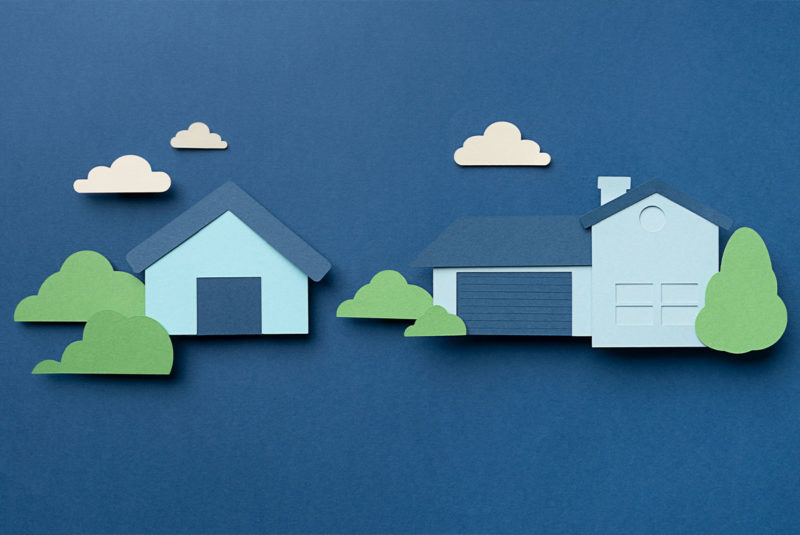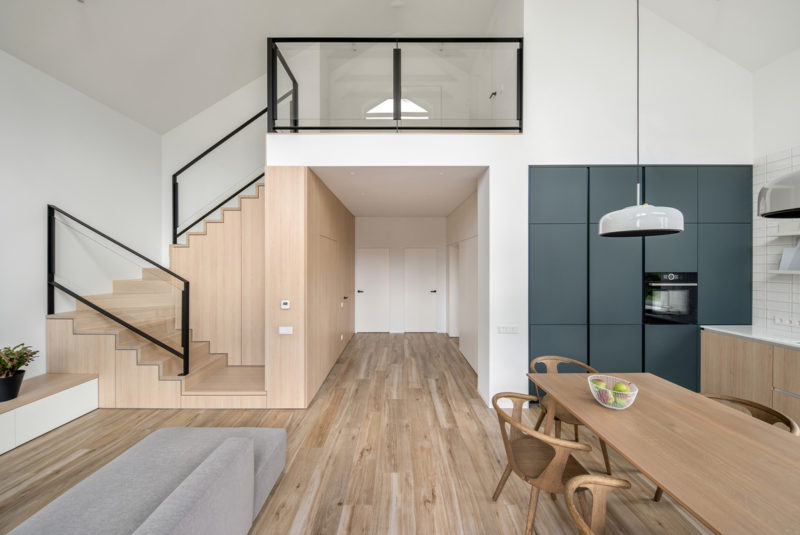Ready To Buy a Home?
Get Approved to Buy a Home
Rocket Mortgage® lets you get to house hunting sooner.
We live in an era when space is at a premium. So these days, many aspiring home buyers have started considering a new option: investing in a smaller home. Due to their relative affordability and sustainability, cottage-style homes (and other small homes) have become a popular option despite their limited square footage.
For some buyers, investing in a cottage-style home is a less expensive path to homeownership that can also help them build equity faster. When you make a large down payment on a lower priced home, you can lower your monthly mortgage payments and your interest rate and build equity by paying off your smaller loan in less time.
If you are interested in a cottage-style home, you should weigh the benefits and drawbacks of these homes. We will answer some of the most common questions buyers have about cottage-style homes.
How To Identify a Cottage-Style Home
Explore Your Mortgage Options
What are you looking to do?
Generally speaking, the defining characteristic of cottage homes is their size. Most cottages have about 1,000 square feet or less of space.
Cottages are often described as quaint, rustic or cozy. Buyers usually interpret “modest size” as a creative way to say “cramped,” but most cottages have very efficient floor plan designs. In fact, open floor plans are fairly common.
And, by the way, a cottage is not a bungalow, though some people use the terms interchangeably. A cottage generally describes a small house of any style. But a bungalow-style home is distinguished by its sloped roof and wide veranda. Understanding these differences may be important when you are comparing living spaces.
No uniform architectural style
Because cottage-style houses are typically designed to meet a homeowner’s unique needs, tastes and preferences, you’ll find a lot of architectural variation among cottage homes. Some common styles you’ll encounter are Tudor, Victorian and Cape Cod.
Smaller homes
The tight layout of cottage-style homes can sometimes result in design challenges. But in addition to including open floor plans, designers will often create nooks, crannies and other cozy features that can help maximize the use of the space.
Outdoor landscaping
Outdoor landscaping will play a large role in creating your desired cottage aesthetic. Instead of big, manicured lawns, many cottages feature densely vegetated gardens. Some cottage dwellers try growing a significant amount of their food. You will likely see front porches, fountains, mythical decorations (gnomes, fairies, etc.) and other unique additions.
History of the Cottage Home
Small houses have always been popular, but the style of home we universally recognize as a cottage became popular in England during the Middle Ages. English cottages were typically built by farm laborers who lived on large English manors in the countryside.
The word “cottage” comes from the word “cotter,” which was a term used to describe peasant farmers in the Middle Ages. Cotters lived in cottages, which developed a distinctive style over the years.
Over time, cottages spread to other parts of Europe, including Germany, the Netherlands and Scandinavia. But as cities cropped up during the Industrial Revolution, cottages became less common.
Today, cottages and cottage-style houses are experiencing a revival. Many property owners in the U.S. and Europe are building modern-day cottages to use as vacation homes or to live simple, sustainable lifestyles. The reasons behind the current cottage craze are as varied as cottage architectural styles, but it’s clear cottages play an important role in crowded real estate markets.
Pros and Cons of Owning a Cottage-Style Home
Now that you know a little bit more about cottage-style homes, you might be interested in buying one. If you are still on the fence, consider their benefits and drawbacks.
Pros
Cottage-style homes may be small, but they are mighty – mighty enough to meet your everyday needs. Cottages usually come equipped with basic utilities (water, gas, electricity, etc.) and usually have at least one bathroom, a bedroom and a kitchen area. Cottages are often the most cost-effective way to meet your needs while maintaining a certain degree of comfort.
And cottages can be used for different types of living arrangements. They typically appeal to buyers who want to purchase an inexpensive vacation getaway. They can also be a great option for empty nesters who want to downsize. And if they’re managed right, cottages can become cash cows as investment properties.
If the thought of paying utilities for a larger home sends (multiplying) chills down your spine like John Travolta in “Grease,” don’t overlook this benefit: Due to their small size, cottages are remarkably efficient. It takes considerably less energy to heat, cool and light a cottage-style home. Cottage owners can save hundreds of dollars on utilities and lower their carbon footprint.
Cons
Cottage-style living isn’t for everyone. These small homes can start feeling cramped rather quickly, especially if more than two people are living there. Long-term cottage living might not work for large families or anyone who requires a lot of space.
Cottages are often limited to certain areas. You may not be able to build (or buy) a cottage in an urban area or even a suburban area.
Lastly, the cottage aesthetic may not appeal to all prospective home buyers. If your tastes align more with the hypermodernism of an art gallery and less with the rustic homes you’d find in Brothers Grimm fairy tales – you should pass on a cottage.
Sometimes Simple Is Beautiful
If you’re still on the fence about cottage-style homes, a brief getaway to a rental cottage may offer a brief but enlightening taste of cottage life. A cozy cottage might be right for you if you enjoy the snugness and can’t bear to pass up the other benefits cottages offer.
Take the first step toward buying a home.
Get approved. See what you qualify for. Start house hunting.
The Short Version
- Generally speaking, the defining characteristic of cottage homes is their size. Most cottages have about 1,000 square feet or less of space
- Due to their small size, cottages are remarkably efficient. It takes considerably less energy to heat, cool and light a cottage-style home
- Cottage-style living isn’t for everyone. These small homes can start feeling cramped rather quickly, especially if more than two people are living there




